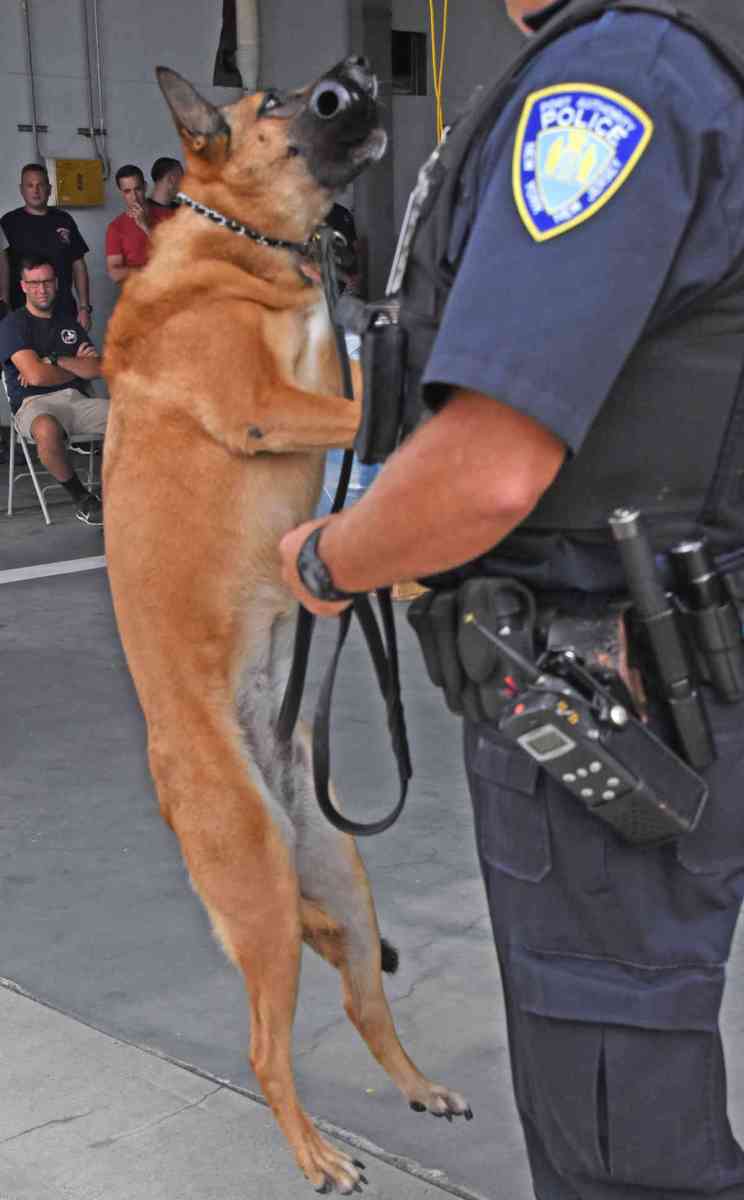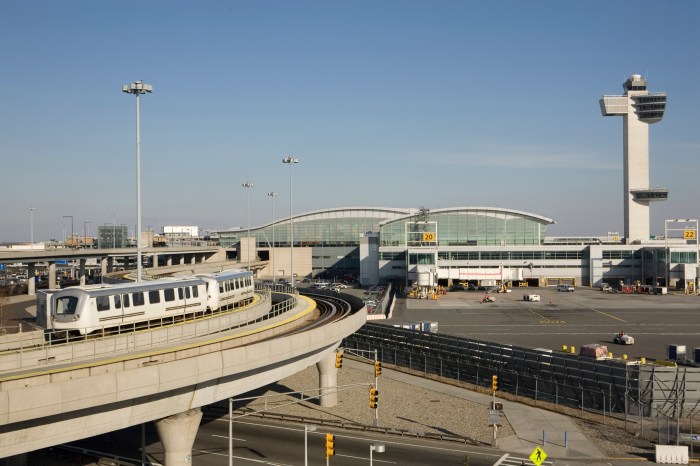This bill, the TSA Modernization act, reauthorizes Transportation Security Administration (TSA) programs through FY2020.
It modifies the authorities, requirements, and organizational structure for the TSA.
The bill codifies the transfer of the TSA from the Department of Transportation to the Department of Homeland Security. It also establishes a five-year term for the TSA Administrator.
The bill also requires the TSA to:
• Authorize third-party testing and evaluation of screening technology;
• Develop a validation process for the reciprocal recognition of security equipment technology approvals among international security partners or recognized certification authorities for deployment;
• Make information on wait times at airport security checkpoints publicly available in real time online and at airport terminals;
• Develop and issue certification standards for the use of third-party explosives detection canine teams for screening of individuals, property, and air cargo;
• Establish private sector partnerships to increase the methods and capabilities available for the public to enroll in the PreCheck Program; and
• Meet specified targets for expanding PreCheck enrollment.
S. 1872 would authorize gross appropriations totaling nearly $8 billion in 2018 and $24 billion over the 2018–2022 period for certain activities of the TSA.
On the basis of historical spending patterns for TSA programs, CBO estimates that gross outlays under S. 1872 would total nearly $6 billion in 2018 and $24 billion over the 2018–2022 period.
By comparison, on an annualized basis, TSA received about $7 billion for those activities in 2018 under the Continuing Appropriations Act, 2018, and Supplemental Appropriations for Disaster Relief Requirements Act. That three-year total includes:
• $23.5 billion for TSA’s operating and maintenance expenses, including salaries and benefits for most of the agency’s workforce;
• $276 million for technologies and activities related to monitoring exit lanes’’ used by passengers to exit secure areas of airports; and $165 million to reimburse costs incurred by public entities to deploy additional law enforcement officers at airports.
Because TSA is authorized to collect fees to offset a portion of gross funding provided for aviation security programs, CBO also estimates that implementing S. 1872 would increase offsetting collections. Specifically, under current law, commercial airlines charge passengers a fee of $5.60 per
one-way trip in air transportation that originates at an airport in the U.S., subject to an overall cap of $11.20 per round trip; those fees are remitted to the federal government.
Based on an analysis of information from TSA and other federal agencies about anticipated volume of commercial airline passengers and travel patterns, CBO estimates that such fees would total nearly $7.7 billion over the 2018-2022 period, thus reducing the net appropriations that would be necessary to implement the legislation. Accordingly, CBO estimates that S. 1872 would, on net, authorize appropriations totaling $16.3 billion over the 2018–2022 period and that resulting net outlays would total $16.2 billion.


































